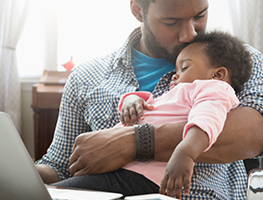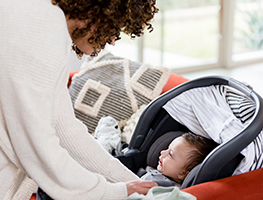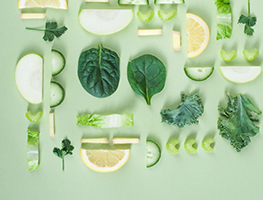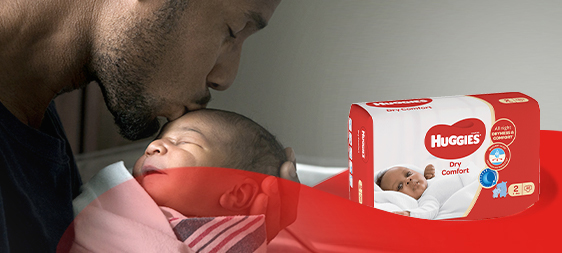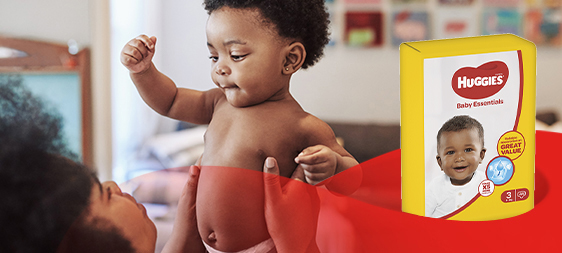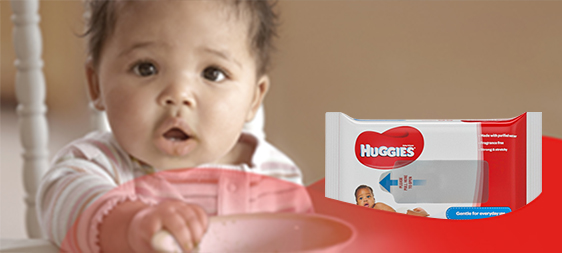When drunk in moderation, for most of us caffeine is harmless and can even have benefits. However, keep an eye on your intake and that of your children – whether it is green tea or chocolate.
As well as being a central nervous system stimulant, caffeine is also a diuretic (i.e. it increases the loss of fluid through your kidneys) and affects our body in a number of ways.
Short-term effects include:
Contraction of the muscles, which can cause twitching.
An increased heart rate.
Slowing of blood flow to the stomach.
More sugar is released from the liver into the bloodstream.
Breathing tubes open up.
A cup of coffee before bedtime may make it harder to sleep. You’ll also find that your periods of deep sleep and dream cycles are shorter. As a result, you feel less rested when you wake up. However, some tolerance to caffeine can lessen these effects.
Benefits include:
As an antioxidant, it may help prevent heart disease and some cancers. Coffee contains flavonoids, which are also antioxidants.
Assisting premature babies that are experiencing breathing difficulties. Minute amounts of caffeine given intravenously can stimulate a newborn baby’s brain to tell the lungs to inflate.
Shift workers or others suffering from fatigue may benefit from caffeine’s properties as a stimulant.
Have a coffee and sober up?
Now that’s a question for alcohol drinkers – and the answer is: no chance. Not even a strong cuppa can make you sober after a few drinks. While caffeine may make you feel more alert, it will not alter your blood alcohol level.
Withdrawal
I am sure many of you have experienced this feeling even if you might not admit it. To date, caffeine is not considered addictive but it can be habit-forming. As we develop a tolerance towards it, so we need more in order to produce the same sensations. In effect, we need to drink more to ‘top up’ our reserves.
Withdrawal symptoms (usually starting within 12-24 hours, peaking at about 48 hours and lasting for between 2 and 9 days) occur because after a day or so without caffeine the brain begins to struggle on its own.
Symptoms may include headaches, nausea, fatigue, drowsiness, anxiety, vomiting and irritability. In extreme cases, symptoms may include depression, inability to concentrate, and diminished motivation to initiate or to complete daily tasks at home or at work.
Is your coffee making you nervous?
Those of you who are self-confessed coffee addicts may be interested to learn that a high intake of caffeine is clinically associated with a number of psychological conditions. The Diagnostic and Statistical Manual of Mental Disorders, Fourth Edition (DSM-IV) states: “The four caffeine-induced psychiatric disorders include caffeine intoxication, caffeine-induced anxiety disorder, caffeine-induced sleep disorder, and caffeine-related disorder not otherwise specified (NOS).”
Excessive caffeine intake, also known as caffeine-ism, may result in panic disorders, anxiety, bipolar disorder, and schizophrenia. A growing number of medical professionals believe caffeine-intoxicated people are routinely misdiagnosed and unnecessarily medicated.
For more information see Parenting.







